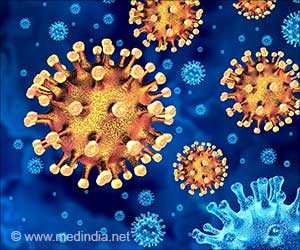Vaccines help prevent many serious diseases and India can save lives of more than 90,000 children aged below five years annually.

‘By introducing vaccination programs targeting pneumonia and diarrhea, India could avert more than 90,000 needless child deaths each year.’





"India could save over $1 billion each year in economic benefits and avert more than 90,000 needless child deaths each year by introducing and scaling up coverage of vaccination programs targeting pneumonia and diarrhea," observed the yearly study conducted by the International Vaccine Access Centre (IVAC) of the Hopkins Bloomberg School. The study was conducted for 15 countries which are "disproportionately responsible" for deaths globally of children below five years from pneumonia and diarrhoea.
Although these countries form 55 percent of the global population together, they contribute as much as 77 percent to the total global deaths of young children from the two diseases.
The report said that since last year, India has increased its performance by seven points, mainly owing to its vaccination coverage of "measles vaccine, Haemophilus influenzae type B vaccine, three doses of diphtheria tetanus and pertussis vaccine, and rotavirus vaccine" during the period.
Among other positive indicators for India, the study said that the country had highest percentage (77 percent) of children who were taken to a healthcare provider for suspected pneumonia and the highest percentage (65 percent) of children below the age of six months, who were breastfed exclusively.
Advertisement
Tanzania, Angola, Chad, Nigeria, Democratic Republic of Congo, Niger, Ethiopia, Somalia and Sudan from Africa, and India, Pakistan, Indonesia, Bangladesh, Pakistan and China from Asia, comprised the 15 nations selected for the study.











